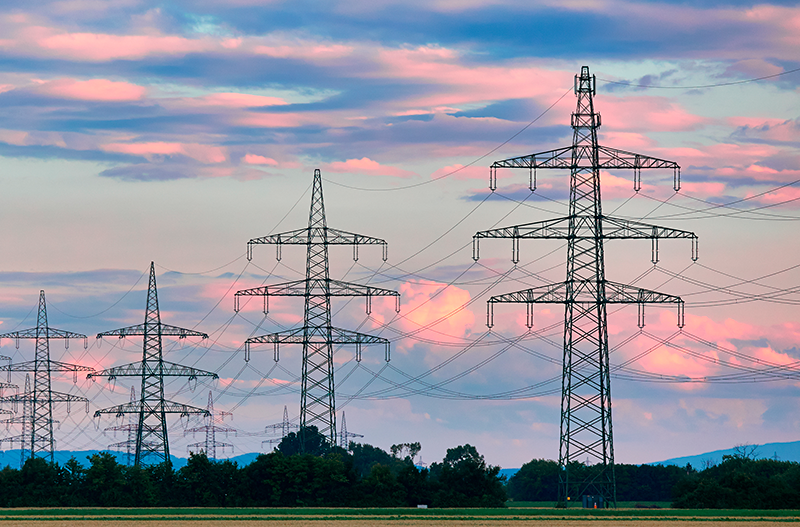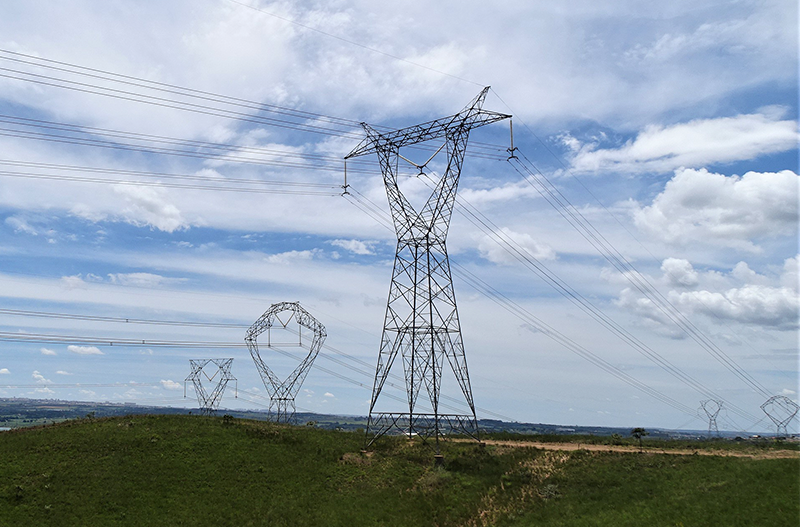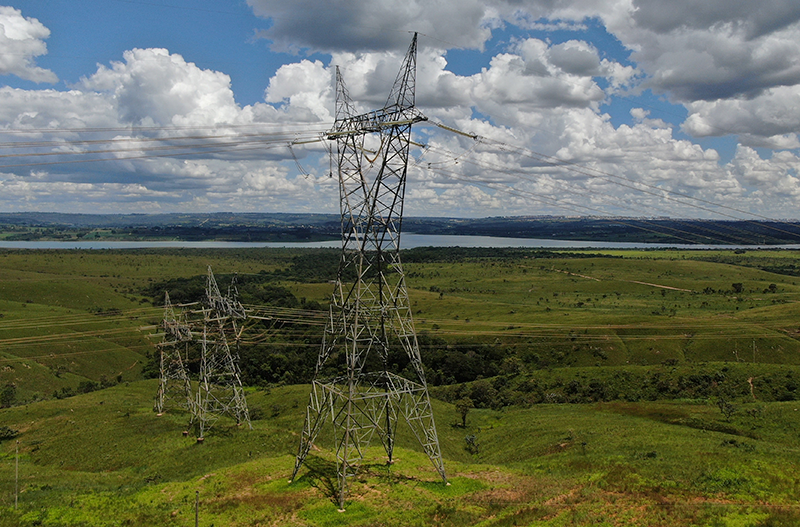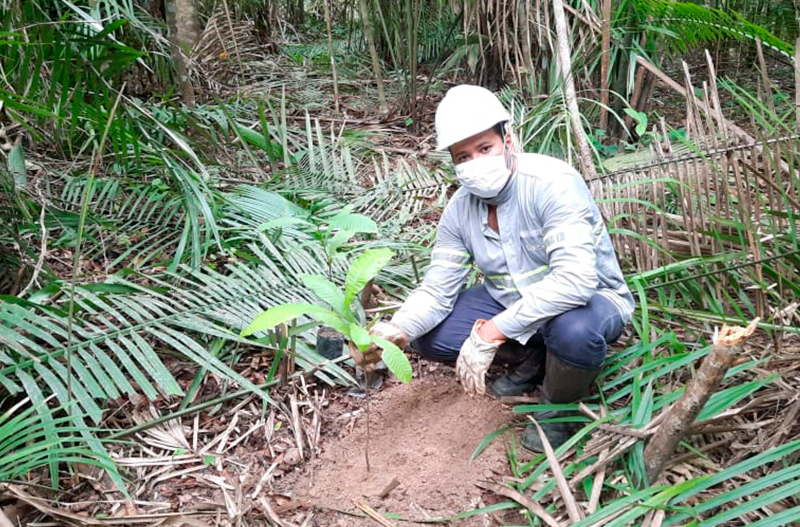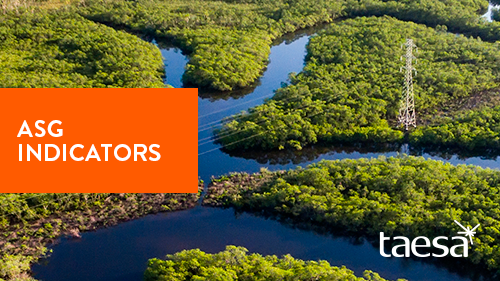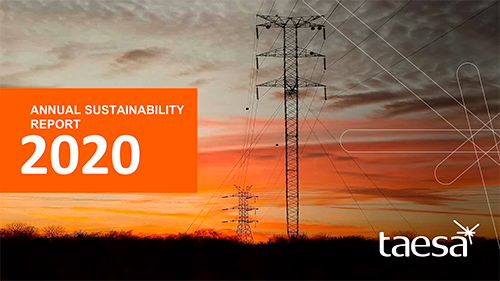TAESA operates across different biomes and geographic contexts throughout Brazil, spanning both urban and rural areas. Aligned with the principles of sustainable development, the company pursues growth that meets present needs without averting the possibility of future generations meeting their own. This approach requires the efficient use of natural resources, minimizing environmental impacts during the development of new projects and the maintenance of assets and concession infrastructure, while also fostering local development and creating shared value for surrounding communities.
The company’s operations prioritize responsible environmental management, minimizing impacts and promoting mitigation and compensation actions, highlighting important measures in relation to our climate (Greenhouse Gas Inventory – GHG Protocol), biodiversity and eco-efficiency.


